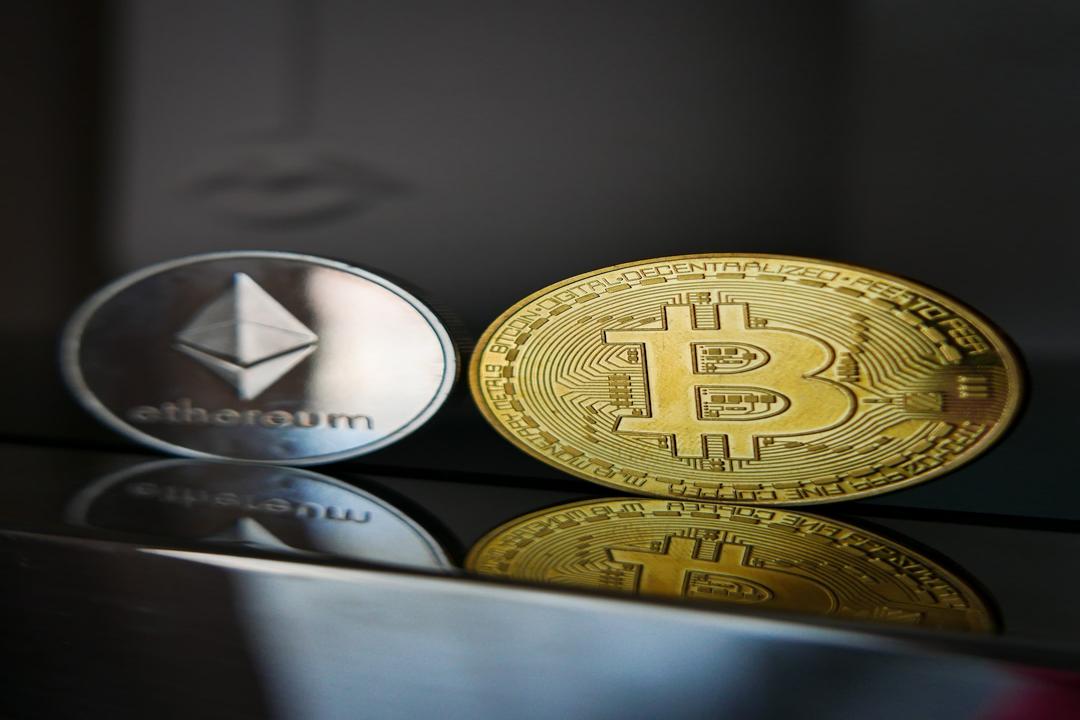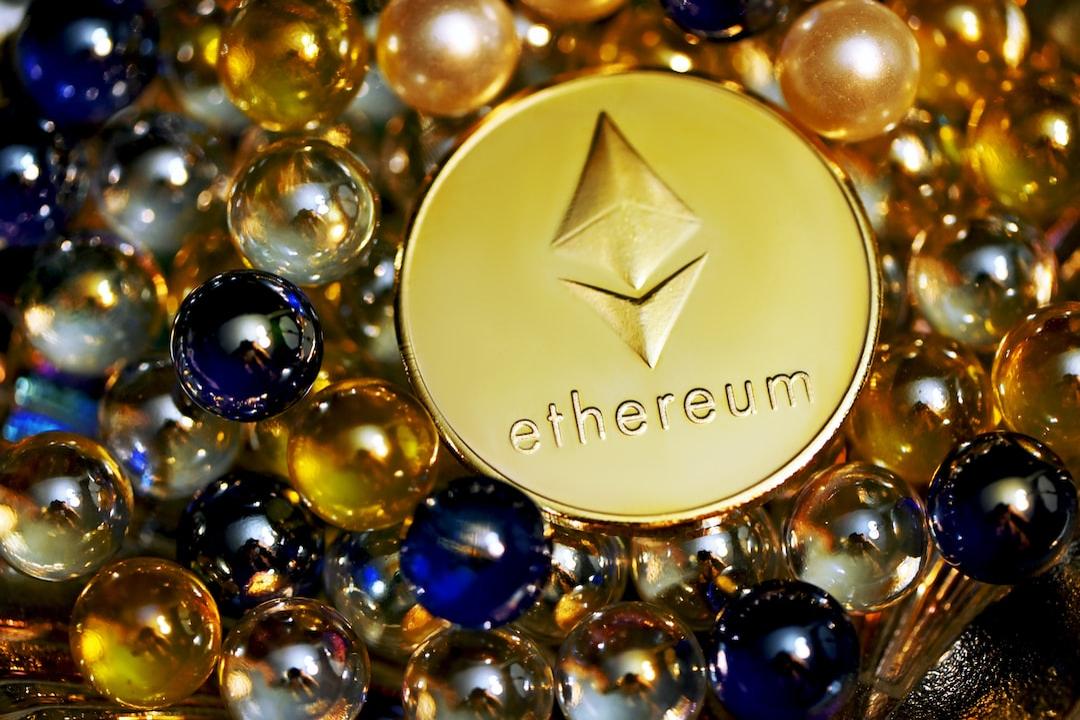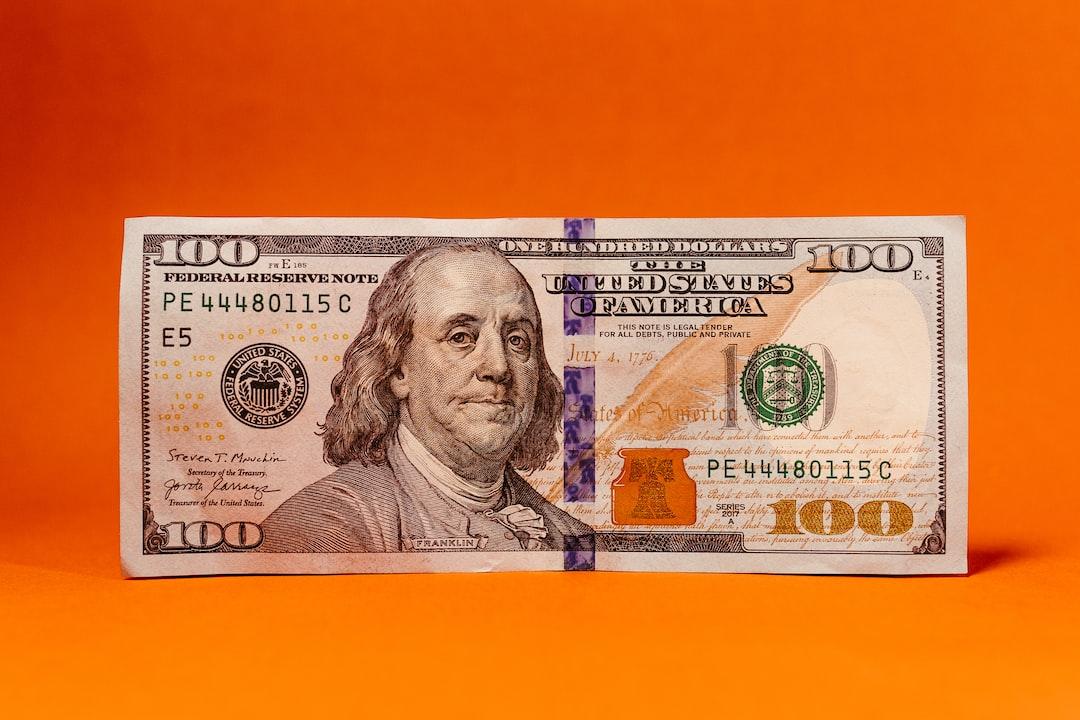South Korea’s Central Bank Takes a Cautious Stance on Bitcoin as Foreign Exchange Reserves
South Korea’s central bank (Bank of Korea, BOK) has recently made clear its cautious stance regarding Bitcoin as a potential foreign exchange reserve, citing volatility and liquidity issues that make it difficult to meet national reserve standards.
(Background: South Korea plans to release “Corporate Investment in Cryptocurrency” guidelines in Q3; will Samsung, LG, etc., join the Bitcoin reserve trend?)
(Context: Trend Analysis – South Korea and Japan are actively positioning themselves in Bitcoin! Should the Taiwanese government and private sector follow suit?)
The topic of Bitcoin as part of national reserves has sparked global discussion under former President Trump’s leadership. However, the Bank of Korea has explicitly stated that it has “not yet discussed or reviewed” this possibility and believes that careful evaluation is necessary.
Despite calls from the market and certain politicians for the government to follow the lead of the United States, the Bank of Korea maintains that Bitcoin’s volatility and liquidity issues hinder it from being classified as a national reserve asset.
Conservative Stance of the Bank of Korea: High Bitcoin Volatility
Recently, Cha Gyu-geun, a member of the Planning and Finance Committee of the National Assembly, submitted a written inquiry to the Bank of Korea regarding any plans to include Bitcoin in the foreign exchange reserves. In response, the Bank of Korea officially stated on March 16:
“We have not discussed or reviewed the inclusion of Bitcoin in foreign exchange reserves, and believe that careful evaluation is necessary.”
The central bank further explained that the core considerations lie in Bitcoin’s price volatility and liquidity issues:
“Bitcoin’s price is highly volatile, and if the market is unstable, the cost of liquidation may increase significantly.”
Recent Bitcoin price fluctuations have been dramatic. According to CoinGecko data, Bitcoin’s price has swung between $97,500 and $77,000 over the past 30 days, and has decreased approximately 15% from its peak on February 16, currently settling around $83,500.

International Trends: The U.S. Promotes Bitcoin Reserves, While South Korea Remains Cautious
As Bitcoin has reached new historical highs, governments around the world are beginning to consider the strategic value of cryptocurrencies. Earlier this month, U.S. President Trump signed an executive order announcing the establishment of Bitcoin reserves, which sent shockwaves through the market.
In South Korea, some politicians and industry groups are advocating for the government to consider the potential of Bitcoin. At a seminar on March 6, cryptocurrency lobbying groups and some members of the Democratic Party urged the government not only to include Bitcoin in national reserves but also to promote a stablecoin linked to the Korean won (KRW).
However, the Bank of Korea has made it clear that Bitcoin does not meet its foreign exchange reserve standards and stated:
“Foreign exchange reserves must possess high liquidity, be readily accessible, and have an investment-grade or higher credit rating. Bitcoin currently does not meet these criteria.”
Expert Opinions: Foreign Exchange Reserves Should Match Trade Currencies
Opinions within academia regarding whether Bitcoin should enter national reserves vary. Professor Yang Jun-seok from Catholic University of Korea believes:
“Foreign exchange reserves should be matched in proportion to the currencies of major trading partner countries, as this is a more robust strategy.”
On the other hand, Professor Kang Tae-soo from the KAIST Financial Research Institute pointed out:
“The U.S. may be more inclined to use stablecoins to maintain dollar hegemony, and whether the International Monetary Fund (IMF) will recognize stablecoins as foreign exchange reserves will be a key variable influencing decisions by various countries.”
South Korean Regulators Monitor Japan’s ETF Policy; Potential for Deregulation
Although the Bank of Korea is cautious about Bitcoin as a reserve asset, cryptocurrency-related policies may still change. South Korean financial regulators have recently begun to pay attention to the Financial Services Agency (FSA) of Japan’s regulatory movements regarding cryptocurrencies and are studying whether to lift the ban on cryptocurrency exchange-traded funds (ETFs).
Japan has recently made adjustments to its regulatory framework, and if South Korea references this model, we may see more cryptocurrency financial products legalized in the South Korean market in the future.

Related Reports
- South Korea plans to release “Corporate Investment in Cryptocurrency” guidelines in Q3; will Samsung, LG, etc., join the Bitcoin reserve trend?
- Trend Analysis – South Korea and Japan are actively positioning themselves in Bitcoin! Should the Taiwanese government and private sector follow suit?
- South Korea is advancing policies for corporations to open virtual asset accounts in three phases, accelerating stablecoin regulatory legislation.

